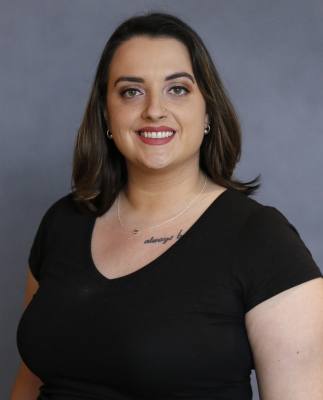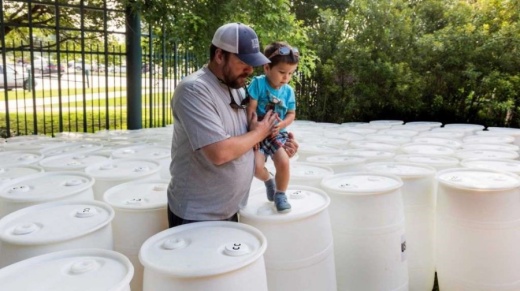Galveston Bay Foundation, a Kemah-based nature conservation nonprofit, is hosting a rain barrel workshop this weekend for Houstonians thirsting for a way to help conserve the community’s water supply.
This is the nonprofit’s first virtual and drive-thru rain barrel workshop, made possible through a grant from LyondellBasell and syrup drum donations from Coca-Cola Southwest Beverages, according to a May 26 news release. Since the workshop program began in 2013, more than 2,400 people have attended 400 workshops, and the foundation has distributed 2,333 rain barrels—saving more than 9.6 million gallons of water, based on the average yearly rainfall in Houston.
Registered participants will pick up all the tools needed to construct and install their barrels at one of two locations during an allotted time slot between 9 a.m. and noon on May 30: either the foundation’s new offices at 1825 Hwy. 146, Kemah, or the Houston Maritime Museum, 2311 Canal St., Houston. The Zoom workshop is scheduled from 2:30-3:15 p.m. May 30.
During the workshop, participants will learn how to build their own rain barrels with supplies collected as well as the importance of reducing stormwater runoff, pollution and bacteria from entering Galveston Bay, per the release. They will also receive rain barrel preparation, installation and maintenance instructions. Registration is $35 and includes one barrel and a kit, which covers the cost of admission to the virtual workshop for one person and one guest.
One rain barrel can help conserve about 1,050 gallons of water per year, per the release, which translates to various environmental benefits including reduced demand on diminishing freshwater reservoirs, reduced groundwater contamination, and a lower risk of flooding and soil erosion. Rainwater collection can also lead to significant household cost savings since lawn and garden watering makes up nearly 40 percent of summertime water use in the Houston area, per the release.
Water from the barrels can be repurposed for activities such as lawn care, plant care and car washing, and because it does not contain chlorine and other potentially harmful chemicals present in tap water, home gardeners can keep their plants healthier, the release said. Half the population of Texas—approximately 12 million people—live within the Bay’s watershed, which extends along the Trinity River to north of Dallas-Fort Worth, per the release, meaning that the health of the region is closely tied to the health of the Bay.
Due to limited supplies, workshop participants can purchase a maximum of two barrels and kits. Preregistration is required and available online through May 29 or until supplies last.





